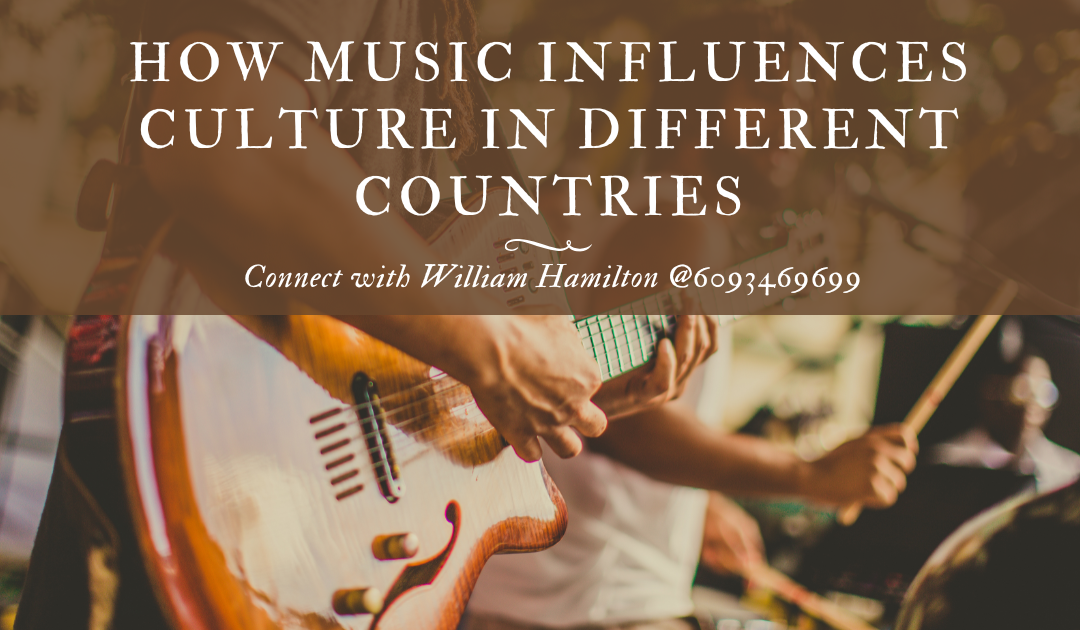Music is a universal language, yet its expression is deeply rooted in the unique cultural fabric of every country. From traditional folk songs to modern pop and hip-hop, music reflects the identity, values, and history of a place. It shapes how people celebrate, protest, and connect with one another. Across the world, music has not only influenced culture—it has helped define it.
In Africa, music plays a central role in daily life. Rhythms and melodies are woven into religious ceremonies, storytelling, and community events. Drumming, in particular, is more than just a musical expression; it’s a way to communicate and preserve oral traditions. In countries like Nigeria and Ghana, Afrobeat and highlife have influenced generations, blending traditional instruments with modern lyrics to speak about love, politics, and social change.
Latin America offers a vibrant spectrum of musical styles that reflect its colonial past and indigenous roots. Salsa, reggaetón, cumbia, and samba are more than genres—they’re cultural expressions of joy, resilience, and resistance. Music is a key part of festivals, family gatherings, and national pride. In Brazil, samba unites communities during Carnival, while in Argentina, tango captures the passionate soul of the people.
In Europe, music has been instrumental in shaping cultural identity. Classical composers like Beethoven and Mozart left a legacy that still defines much of Western music theory and performance. Meanwhile, folk music in countries like Ireland, Spain, and the Balkans remains a living tradition, passed down through generations. These songs tell stories of love, hardship, rebellion, and heritage. In modern times, genres like British rock, French chanson, and German techno have also made global cultural impacts.
Asian cultures have a rich musical history that often intertwines with spirituality and philosophy. In India, music is deeply embedded in religious and social customs. Classical traditions like Hindustani and Carnatic music use ragas and rhythms to evoke specific emotions and states of being. In Japan and China, traditional instruments like the shamisen and guzheng are used in theatrical performances and rituals, preserving centuries-old customs. Meanwhile, modern K-pop from South Korea has become a global phenomenon, influencing fashion, language, and youth culture around the world.
The Middle East is known for its intricate melodies and soulful vocals. Music in this region often features modal scales and complex rhythms that differ from Western structures. Traditional instruments like the oud and darbuka create sounds that are deeply emotive and culturally significant. Music is used in everything from religious ceremonies to weddings and public celebrations, reflecting the rich, diverse tapestry of the region’s history and influence.
In the United States, music has been a powerful cultural force and export. Genres like jazz, blues, rock, hip-hop, and country originated here and have shaped global music trends. American music often reflects societal shifts—from civil rights movements to generational changes—and has served as both entertainment and a form of protest. Artists have used music to challenge norms, inspire change, and unify people from different walks of life.
Music also acts as a bridge between cultures. Collaborations across borders, music festivals, and streaming platforms have allowed artists to share their stories and sounds globally. From the rise of world music to the blending of genres like reggaetón-pop or Afrobeat-rap, cultural exchange through music is more active than ever.
Ultimately, music influences how people see the world and how they relate to one another. It can preserve the past, celebrate the present, and imagine the future. Whether you hear a haunting ballad in the Scottish Highlands or a joyful rhythm at a Kenyan wedding, you’re not just listening to notes and beats—you’re experiencing the culture, emotions, and stories of a people.
Music is more than entertainment; it’s an essential part of human expression and identity. As you explore different cultures, take a moment to tune in. You’ll find that the music people make and cherish says more about who they are than words ever could.

